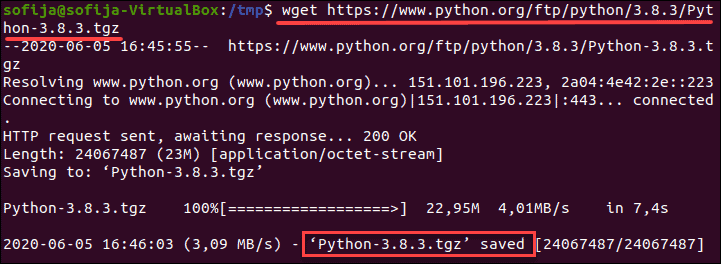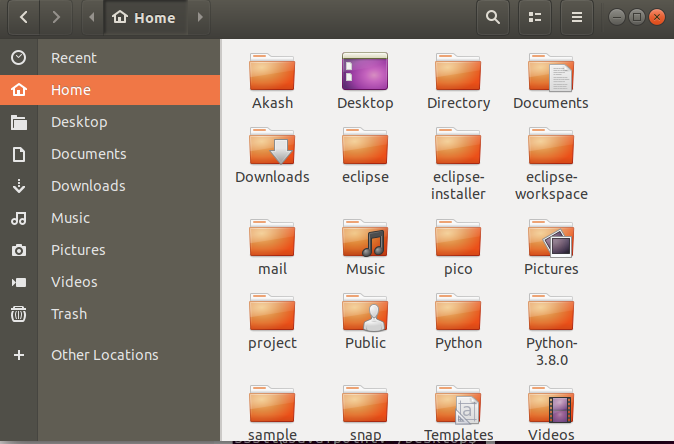

This type of scenario is why many enterprises use Red Hat. To understand why this is important, consider what happens when your application is in production and a critical security vulnerability in a core library (for example SSL/TLS) is discovered.

However, support is important to those who have to deploy and operate the applications you write. During development, support might not seem that important to you. This article uses Red Hat Software Collections because these give you a current Python installation that is built and supported by Red Hat. There are a number of different ways to get Python 3 installed on RHEL. Other tips and FAQs for working with Python and software collections on RHEL 7 are also covered. Using Python virtual environments is a best practice to isolate project-specific dependencies and create reproducible environments. Note: For RHEL 8 installs, See Python on RHEL 8. After following the steps in this article, you should be in a good position to follow many Python guides and tutorials using RHEL. I guess I could make my wrapper a bash script rather than a python, but I hope there is a better solution.This article shows how to install Python 3, pip, venv, virtualenv, and pipenv on Red Hat Enterprise Linux 7. I don't want to use os.environ with hard-coded values, and I don't want to parse the exports file. Searching around Stack Overflow, I understand now that it's not supposed to work, but I didn't find any solution that suits my needs. The environment variables are simply not available to cool_script.py.

Only problem is that this 'source' approach doesn't work. I was planning to have different exports.sh scripts for each environment I need to run on, always keeping them in the same dir as the main script. Os.system('python cool_script.py command line args') So I wrote cool_script_wrapper.py, which looks like this: # set environment variablesĮxports_file = os.path.dirname(os.path.realpath(_file_)) + '/exports.sh' I also want to do some stuff to the outputs of cool_script.py. I need to run this on several environments, where the values of ENV1,ENV2,ENV3 will have to be different. So I created exports.sh located in the same dir as the python script, which looks something like: export ENV1='foo' However, this script needs some environment variables set before it can run. Running on Ubuntu, I have a python script, written by someone else, which simply runs like this: python cool_script.py command line args


 0 kommentar(er)
0 kommentar(er)
